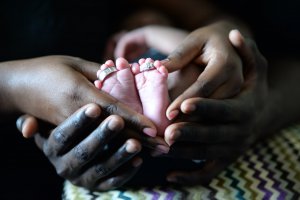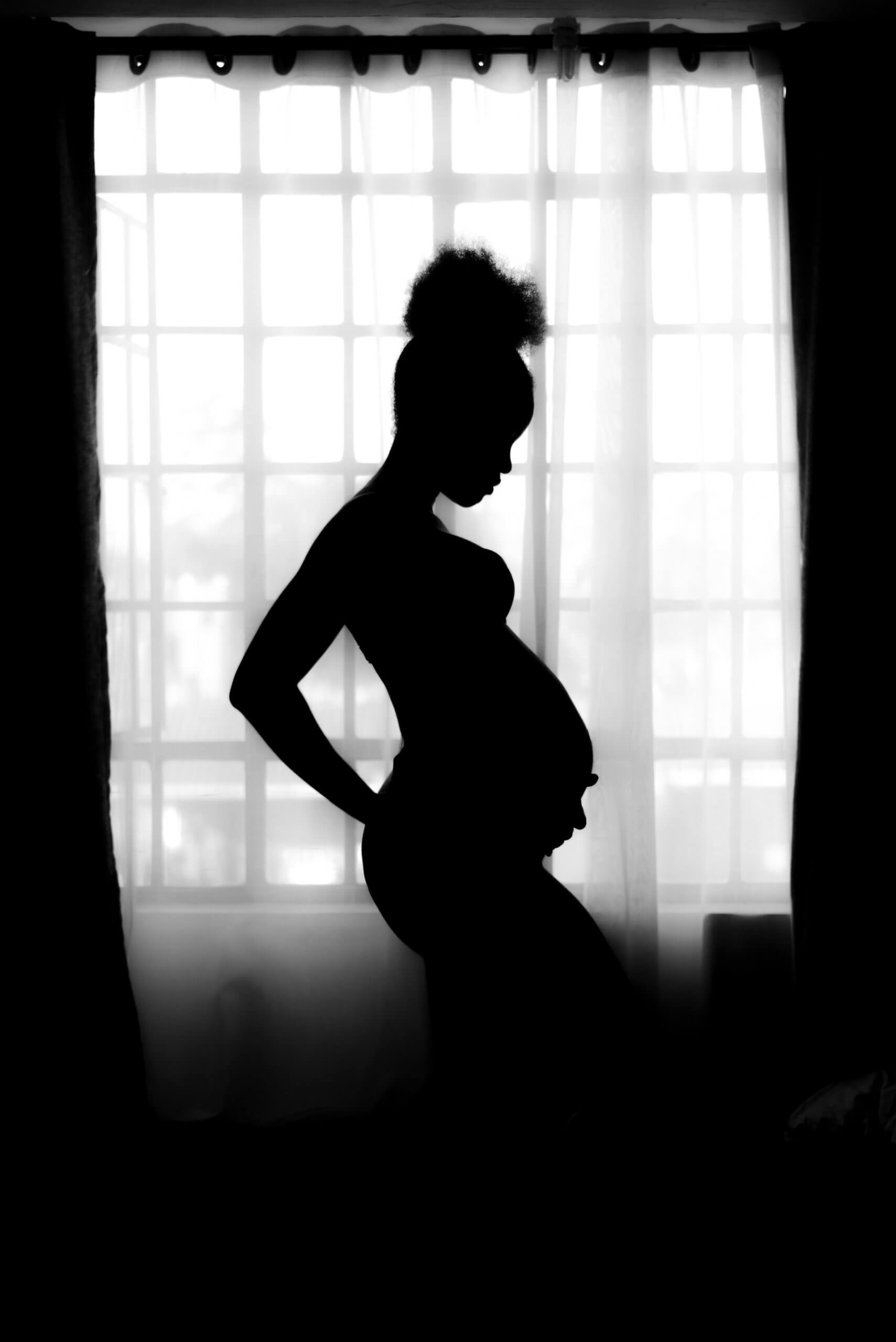Something scary has happened, and it has threatened your sense of safety. You feel your stomach in knots, sweat pouring down your face, and heart pounding. This is trauma, and it can be anything from witnessing violence to being present during a hurricane. Did you know that during a traumatic experience not only is your heart rate changing, but your brain is too? Trauma impacts three parts of the brain (amygdala, hippocampus, and prefrontal cortex) and these changes not only stay with you, but can impact your grandchildren too. These changes to your brain impact the way that you behave and respond in stressful situations. Not only does that behavior impact your children, but there are recent studies that show it genetically impacts them too.
To explore this idea a little further, let’s look at the impact of the high maternal death rates in the African American community. African American women are 2 to 6 times more likely than white women to die during childbirth (Flanders Stephens, 2000). In New Jersey, 60 percent of maternal deaths are African American women. These statistics are horrifying and infuriating, so much so that the experience of pregnancy alone can be traumatizing for an African American woman.
Let’s look at an example of the trauma this can cause.

Kate is a 31 year old African American female living in New Jersey who is pregnant with her first child. She has a bachelor’s degree, and manages the human resources department at a large company. Kate knows that she is much more likely to die during childbirth than her peers, and she can’t stop thinking about it. Kate’s great- grandmother died giving birth to her grandmother, and this fear has lived on throughout her family for generations. Kate is frequently thinking about all of the women that she knows who have died during childbirth, and is overcome with fear, anxiety, and panic awaiting labor.
This stress is transmitted to Kate’s daughter through the uterine environment. When she is in the womb her brain is growing with the impacts of this stress, leaving lasting effects on her as well. Her daughter will now live with this trauma in her, although she did not experience it herself. Trauma can span across generations. Kate’s trauma will impact how she parents her daughter, for example being overly protective and worrisome. This will continue to strengthen the impact of trauma on her brain. When her daughter is an adult and becomes pregnant, she may remember the stories her mother told about pregnancy. She may remember the way her mother became sad and anxious talking about pregnancy. She is remembering the stories of all of the women who passed during delivery in her community. Perhaps she will wonder if she will be treated differently due to the color of her skin, remembering her mother saying “if they had only listened to her, maybe she would not have died.” From this, we can see the impact of trauma spanning across four generations and if it is not addressed it may continue to impact generations to follow.
“We can see the impact of trauma spanning across four generations”
Some efforts have been started to address maternal death rates in the African American community. For example, “Nurture New Jersey” is a campaign that was started to reduce maternal and infant mortality and address racial differences in health care. These efforts are great, but the trauma will continue to live on unless these disparities are fully addressed. If you find yourself in a similar situation to Kate, and are worrying about your pregnancy and delivery due to the color of your skin, you can read more about some ways to empower yourself in “Maternal Death in the African American Community: Knowledge is Power“. If you think that you are being impacted by trauma, a mental health professional may be able to assist.
Featured Photo by Mustafa Omar on Unsplash
Learn more about our Adult Therapy Services
Contact us for a free phone consultation.




2 thoughts on “The Trauma of Your Ancestors Lives on in You: Pregnancy in the African American Community”
Comments are closed.